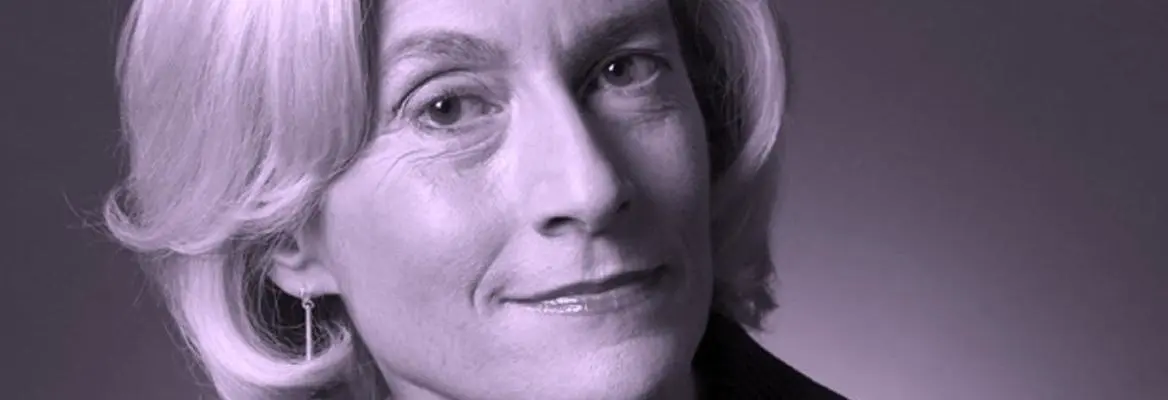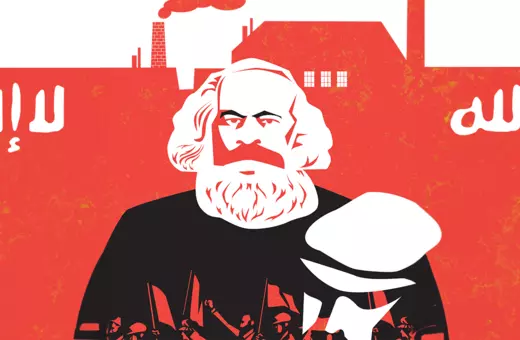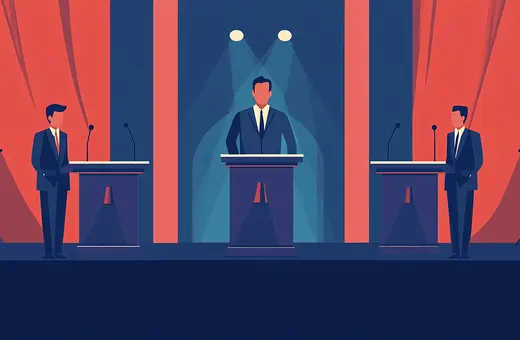“Hope really is a choice and a practical habit,” says Martha Nussbaum in her new book The Monarchy of Fear – an x-ray of Trump America’s emotions. Building on political theory, psychoanalysis, psychological studies and classics, the philosopher argues that fear, disgust and envy undermine democracy, while Martin-Luther-King-Jr-style-love and ‘practical hope’ offer answers to our current political crises.
Dubbed as ‘The Philosopher of Feelings’ by The New Yorker, Nussbaum is at her twenty-third book. Currently a professor of law and ethics at the University of Chicago, she has previously taught at Harvard, Brown and Oxford. In November 2016, Nussbaum was awarded the Kyoto Prize – the equivalent of the Nobel in fields that are non-eligible for the European prize – and thus joined a short list of philosophers including Karl Popper and Jürgen Habermas. Election Day caught the thinker at the award ceremony in Japan. As she was battling her own political anxiety far away from home, Nussbaum then thought her work on emotions “hadn’t gone deep enough” and decided to go deeper by writing The Monarchy of Fear. She discusses divisions, fairy tales, logical fallacies and how we can stop being part of the problem in the interview below.
—Paula Erizanu
In your book, you argue, along Rousseau’s lines, that the child is born in monarchy – he is helpless and can only survive if he ‘enslaves’ people; but he evolves into a mature human being when he stops seeing his parents as an extension of himself, and instead starts respecting and giving back to them. You then extrapolate that to politics, suggesting that democracy is a form of political maturity. But does the mere scale of contemporary states inevitably mean that some people will become abstractions to us, and that by respecting some people we may overlook or overstep others’ freedoms?
I don't think democracy ever needed people all to know one another. Even in ancient Athens, where there were only about 10,000 (adult) citizens, that would have been impossible. And personal knowledge is not even a good thing for democratic choice. For example, it's right to exclude people from a jury if they know the defendant. Democracy needs us to think that each life is precious, and it also requires knowledge of the situations of many different classes and groups in society, but none of this requires personal familiarity. That is what imagination is for, and that is why I have so long defended a form of education that nourishes both imagination and historical knowledge.
Democracy also requires the Socratic ability to think about the structure of an argument and to distinguish good arguments from bad, so that political conversation is real deliberation. That too is conveyed by the humanities and by the whole structure of what we in the US are accustomed to call Liberal Education. We need those abilities now more than ever, but the humanities are being downgraded and cut, both in universities and in schools.















Join the conversation